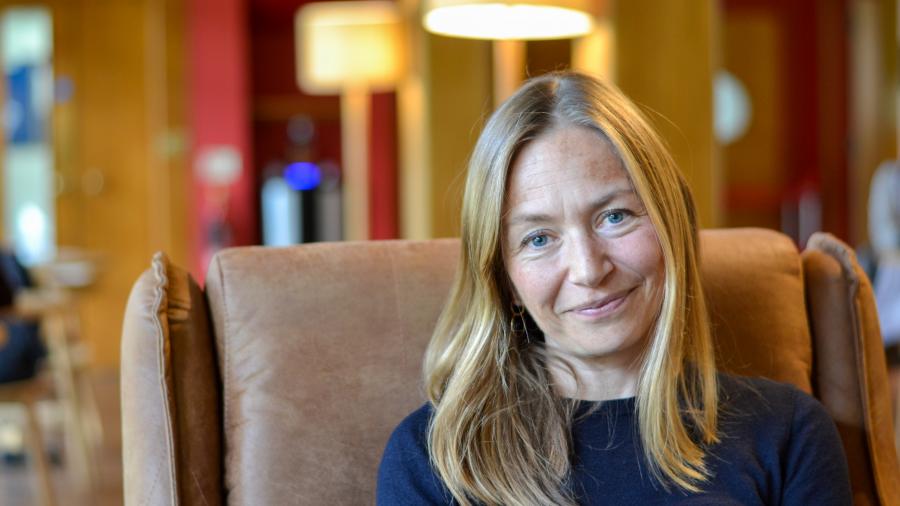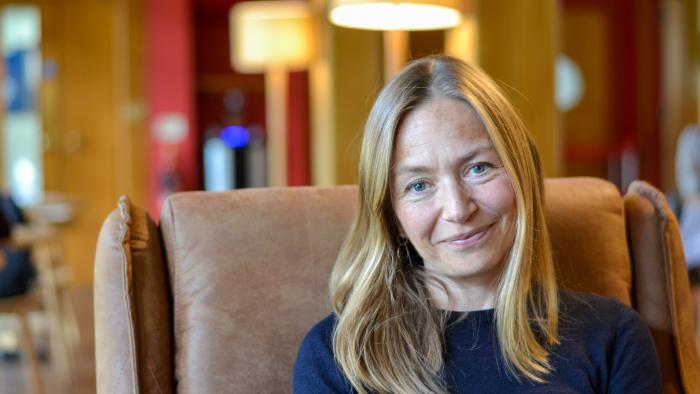
Celia Donert received her PhD in History from the European University Institute, Fiesole, Italy, in 2008, having previously studied at the University of Oxford and the School of Slavonic and East European Studies, University of London. During her doctoral studies she was a Marie Curie Fellow at the Slovak Academy of Sciences, part of the European Doctorate in the Social History of Europe and the Mediterranean. She held postdoctoral fellowships in Berlin, Paris, Potsdam, and Prague, and then taught for seven years at the University of Liverpool, where she was promoted to a personal chair in 2018. In the spring of 2018, Celia was visiting professor in the History of Human Rights and Democracy at the University of Vienna. Before embarking on her PhD, Celia worked for the European Commission in Slovakia during the eastward enlargement of the EU. She has also taken part in several EU-funded exchanges, including Erasmus staff and student exchanges, and a stage at the European Commission in Brussels. She is the supervisor of a Marie Sklodowska Curie postdoctoral fellow (2019-21) and a British Academy Newton International Fellow (2020-21) at the Faculty of History. Celia is currently co-editor of the journal Contemporary European History and an editorial board member of Social History. She is also a convenor of the “Rethinking Modern Europe” seminar at the Institute of Historical Research in London.
